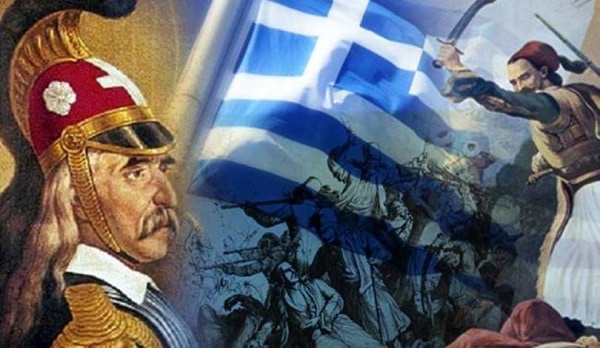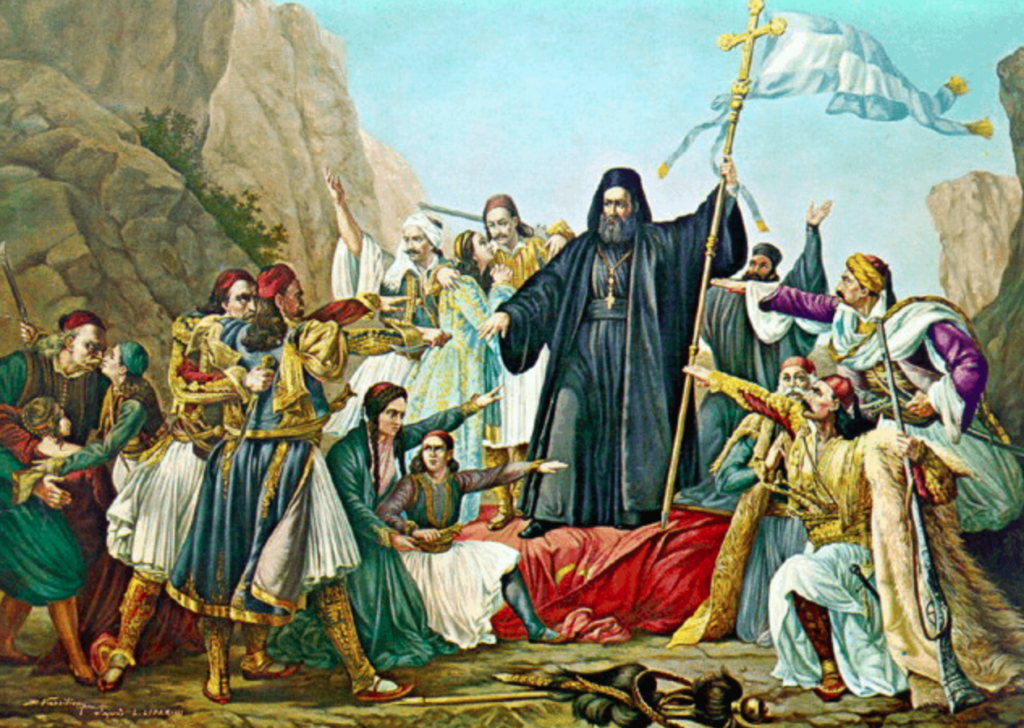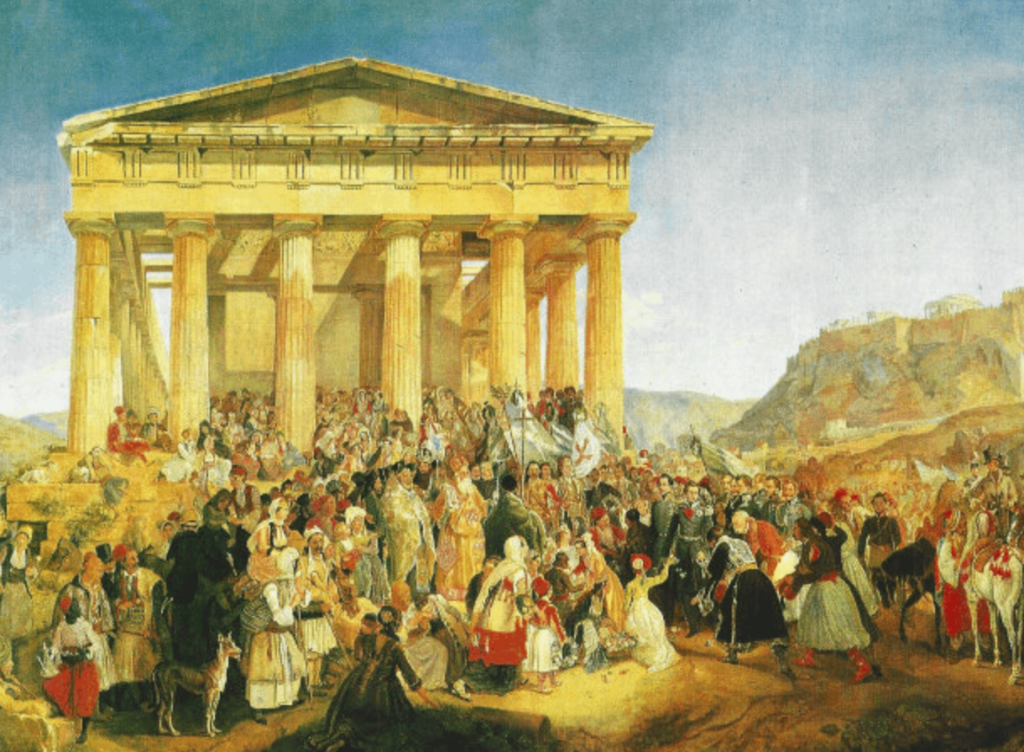
Each year on March 25, Greeks all over the world celebrate Greek Independence Day, which is a national holiday in Greece.
Today marks the 199th anniversary of Greek Independence Day. This is when Greeks remember their long struggle against the Ottoman Empire, an effort that eventually leads to Greece’s independence. Today, in fact, marks the beginning of the Greek War for Independence, not the end.
Tourkokratia – Ottoman Rule in Greece
For hundreds of years, much of Greece had been taken over by the Ottoman Empire until the 1820’s when much of the country eventually overcame Turkish rule. Several factors contributed to the Turks coming to Greece, including the Byzantine Empire, which ruled for around 1100 years and then began to decline. However, the Ottoman Empire’s push to Greece eventually began when they captured Constantinople in 1453. Once the capital of the Byzantine Empire was taken, it was only a matter of time before much of Greece fell under Ottoman control.
Unrest in Greece
The Ottoman Empire ruled for around four hundred years, and this wasn’t easy for the Greeks. Those who were unable to flee Greece and establish new lives in Western Europe suffered. Turkish reign was oppressive for many reasons.
One problem was that they had an apparent disregard for Greece’s glorious past. At one point, they used the Parthenon to store munitions and didn’t treat it as the beautiful, historical landmark it really was. Another problem was that Orthodox Christians weren’t able to express their faith in public. Since most of Greece is Orthodox, this caused a feeling of unease amongst the Greek people.
Those are just two examples of problems that arose between the Turks and the Greeks. Generally, because the Greeks felt oppressed, this caused unrest throughout occupied Greece. There were several resistance movements that formed through the duration of Turkish rule. However, it wasn’t until March 25, 1821 that these movements posed any real threat to the Ottoman Empire.

So what was different about the act of resistance that would eventually lead to Greece’s freedom? Well, there were several factors at play. First, the Greek people were finally tired of Turkish rule, so they organised their resources and formed a resistance movement that was finally successful.
Greece also had help from other countries, particularly the British, with whom it was the fashion to embrace anything from Ancient Greece. They understood that without Greece’s influence, modern intellectual, artistic, and scientific knowledge might not be as advanced as it is today. In the Battle of Navarino, British, Russian, and French forces destroyed an Ottoman fleet. This battle was a major victory which eventually led to the signing of the Treaty of Erdine in 1829 which finally established an Independent Greek state.
Though what ensued was a period of uncertainty in Greece, the country was officially independent. Today, cities throughout the world hold parades. Throughout Greece, Cyprus, Australia, Germany, Britain, U.S, Canada, South Africa, New Zealand and beyond- Greeks will be holding their blue and white flag high with pride!


